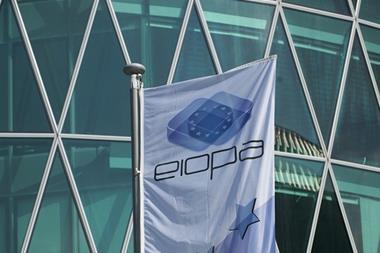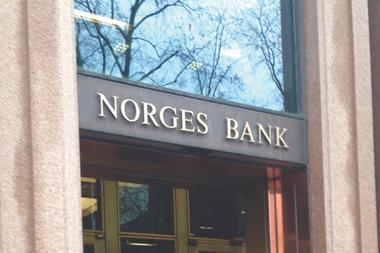Climate Action 100+ has unveiled its strategy for the next seven years, which will see it step-up transparency rules for its members and push companies to enact credible transition plans.
The network was set up in 2017 to coordinate shareholder engagement at the world’s most polluting companies. It now has more than 700 investor signatories who collaborate to pressure more than 100 big emitters to align with net zero by 2050.
After nearly six years, the body now says it plans to shift its focus away from requests for more transparency from companies on topics like emissions data, towards demands for more concrete action on decarbonisation.
“[T]he initiative has a clear strategic focus on moving from corporate disclosure to the implementation of credible transition plans,” said Stephanie Maier, GAM Investment’s head of sustainable and impact investment, who is a member of CA100+’s steering committee.
While the first phase of the initiative was heavily skewed towards shareholder stewardship, there will be a greater focus on the role of lenders under the new strategy. This will be important if the group is to tackle the issue of state-owned energy companies such as Saudi Aramco and South Africa’s Eskom – major polluters over whom shareholders have no leverage. They do, however, issue bonds.
All members of CA100+ will be expected to be more transparent about their own activities as part of the initiative. Those investors leading on engagement with a company will have to prepare a set of objectives each year, along with “regionally appropriate” escalation tactics if those goals aren’t met. They will then have to publish their progress against those plans at the end of each year.
Signatories will also be “encouraged” to disclose how they voted on shareholder resolutions that CA100+ identifies as significant, and explain why they took that decision.
Since its launch, CA100+ has found itself at the centre of a fight over how influential it should be over its signatories and their portfolio companies.
In its early days, it was accused of enabling greenwashing because investors could use their participation in CA100+ as evidence of their green credentials without needing to actually do anything. Members regularly vote against climate resolutions that have been submitted at target companies, for example.
CA100+ has always insisted that competition law prevents it from requiring its members to behave in a set way.
More recently, those competition laws have been cited by the ‘anti-ESG’ movement in the US as a reason to clamp down on CA100+. Even though it doesn’t require signatories to behave in a set way, some politicians have warned the group that having shared climate goals could count as ‘acting in concert’ – something CA100’s conveners strongly refute.
As a result of the recent accusations, the latest strategy is prefaced by a 400-word legal disclaimer about the freedom of CA100+ signatories to behave independently.
CA100+ has also updated its list of companies it will be targeting between now and the end of the decade. North American oil & gas companies Devon Energy, Enbridge and Kinder Morgan, and drinks giants Coca-Cola and PepsiCo, are among 10 firms to have been removed from its list, while 14 have been added. The decision came after a rebalancing of the data by CDP.
The latest digital edition of IPE’s magazine is now available

















